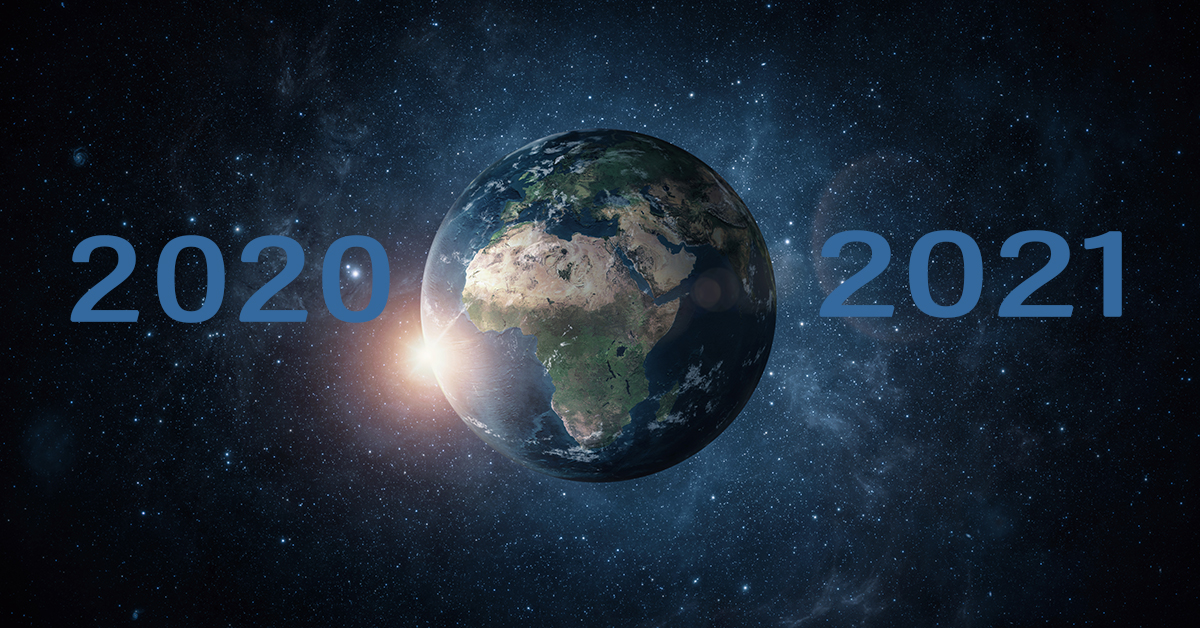– The best resource for monthly healthcare regulatory compliance updates. Compliance Updates: April 2024 Overlook: Licensure Compacts Other Legislation Board Updates Interstate Medical...


The beginning of 2021 is Friday and I hope you all enjoy your celebration whatever and however that looks for you. In our western culture New Year’s is a secular holiday, and likely the most celebrated of all “shared” holidays the world over. Most people, however, start the evening before, with music, fireworks, and much imbibing, followed by a day of parades, football, and lots of eating.
The Roman/Christian New Year is a Gregorian (as in Pope Gregory, 16th c.)/Julian (as in Caesar) calendar pronouncement. However, most New Year’s celebrations are religious, and are tied to some astronomical event, solar, solar/lunar, lunar or lunar astrological (constellation and the moon) and usually tied to a defined event like a moon phase, equinox, solstice, or conjunction.
In 2021 the Buddhist Mahayana is January 28th, the Chinese New Year is February 12th, the Hindi New Year is April 12th, the Buddhist Theravada is April 27th, the Islamic Muharram starts August 9th, and the Jewish New Year starts September 6th (Rosh Hashanah). There’s probably an ethnoreligious lunar or lunar/solar new year somewhere in the world every month.
Yet, a day does not make magic. A single day designated with meaning rarely changes a thing. You make change. You make progress, growth, and with your vision and determination you can drive the world you want to see in 2021.
Share respect, compassion, peace, positivity, and simply share optimism—it is contagious.
Happy New Year!
 |
Written by Verisys Verisys transforms provider data, workforce data, and relationship management. Healthcare, life science, and background screening organizations rely on our comprehensive solutions to discover their true potential. Visit verisys.com to learn how we turn problems into power.
|